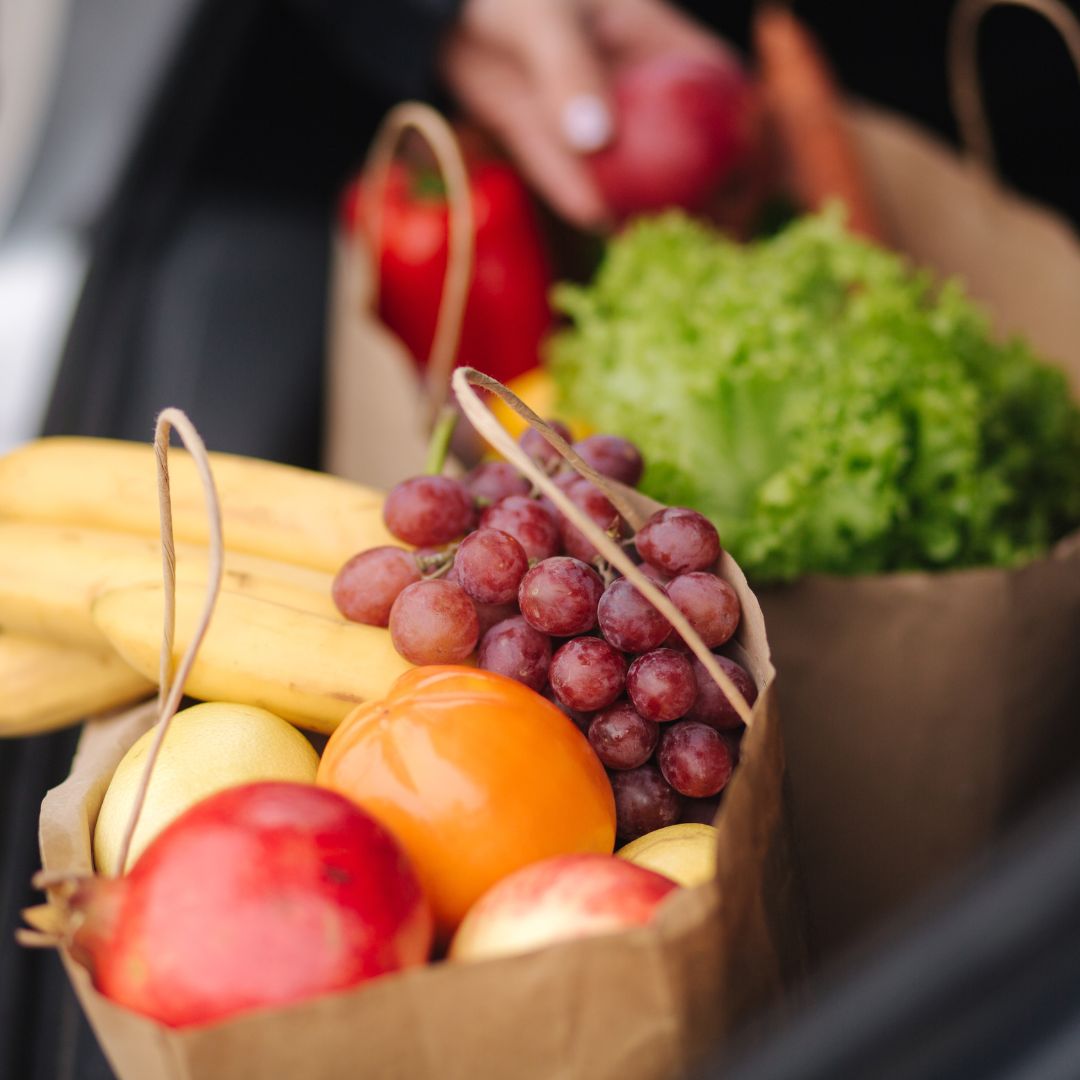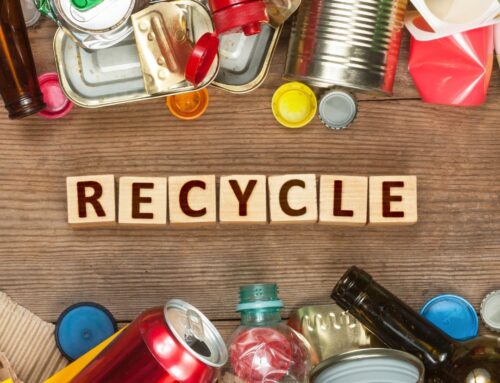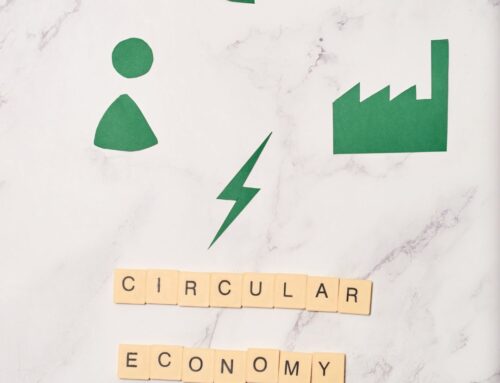Zero Waste Grocery Shopping: Tips for a Plastic-Free July
Are you ready to take the Plastic-Free July challenge? Going plastic-free may seem daunting at first, but with a few simple changes to your grocery shopping habits, you can make a huge impact on reducing plastic waste in our environment. Here are some tips on how to make your grocery shopping plastic-free and zero waste. Find out about Plastic Free July here.
Introduction to Zero Waste Grocery Shopping
The first step in reducing your plastic waste is to understand what “zero waste” means. Zero waste is a lifestyle that aims to reduce the amount of waste we produce, by creating as little trash as possible. One of the easiest ways to reduce waste is to start with your grocery shopping habits.
Plan Your Shopping List
Before heading to the store, take inventory of what you already have at home and make a list of what you need. Planning your meals for the week will help you avoid overbuying and reduce food waste. Stick to your list to avoid impulse buys that often come in plastic packaging.
Bring Your Reusable Bags and Containers
Bringing your bags and containers to the store is one of the easiest ways to reduce plastic waste. Invest in reusable shopping bags, produce bags, and containers for bulk items. Bring your own coffee cup and water bottle to avoid single-use cups and bottles. Keep these items in your car or near the front door so you don’t forget them on your way out.
Shop in Bulk
Buying items in bulk can reduce packaging waste and save money. Bring your containers to the store and fill them up with items like grains, beans, nuts, and spices. Some stores also offer bulk cleaning products and personal care items, so be sure to check them out.
Choose Sustainable Packaging
If you can’t find an item in bulk, choose products with sustainable packaging. Look for items packaged in glass, paper, or metal instead of plastic. Avoid individually packaged items like snack packs or single-use condiments.
Shop Local and Seasonal Produce
Shopping for local and seasonal produce not only supports your community, but also reduces the carbon footprint of your food. When produce is in season, it requires less transportation and packaging. Farmers’ markets are a great way to buy local produce and support small businesses.
Avoid Single-Use Plastics
Avoid single-use plastics like plastic bags, straws, and utensils. Bring your reusable alternatives or choose items made from sustainable materials like bamboo or stainless steel. If you do end up with single-use plastics, try to recycle them properly.
Composting
Composting is a great way to divert food waste from landfill and create nutrient-rich soil for your garden. Look for composting programs in your community or start your backyard composting system.
Conclusion
Zero-waste grocery shopping is an important step in reducing plastic waste and living a sustainable lifestyle. By following these simple tips, you can make a big impact on the environment and create a healthier planet for future generations. So, let’s all take the Plastic-Free July challenge and make a difference!





